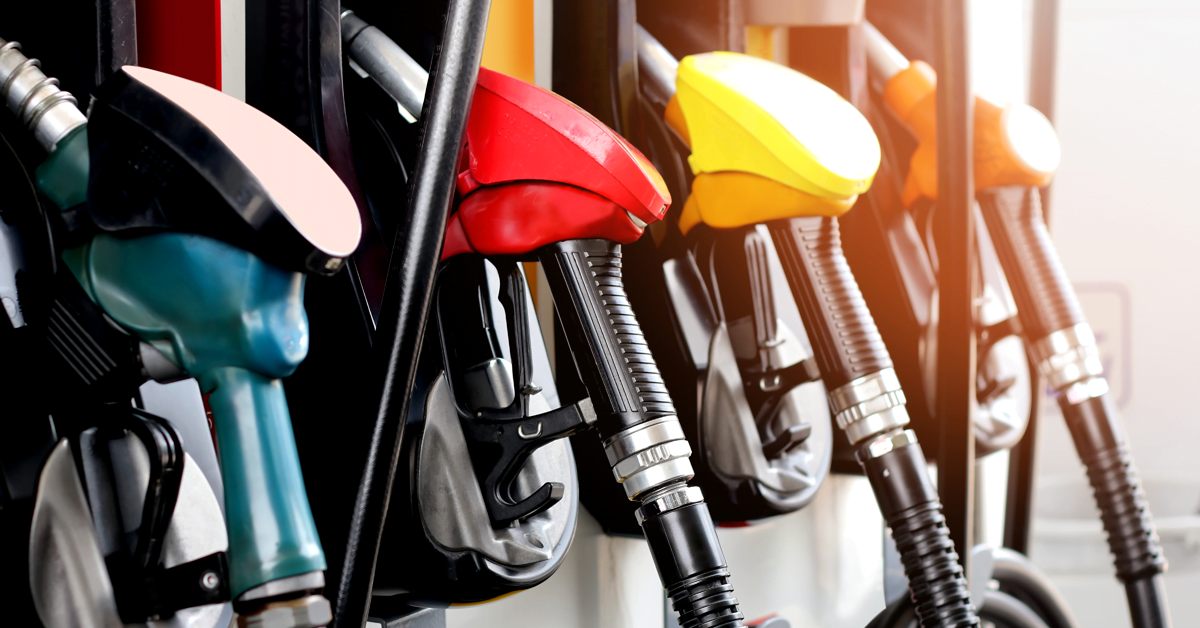Not much escapes the inevitable march of marketing. Supermarket shelves are chock-full of products that can only be differentiated by the eye-catching packaging they come in. Don’t be fooled; everyone is selling the same thing they’ve always sold. It’s just the names that have changed.
Fuel hasn’t escaped this phenomenon.
Pop open your petrol flap and you’re likely to see something like ‘Unleaded Fuel Only’, or ‘Premium Unleaded Fuel’. Turn to the bowser, and you might be confronted with options such as ‘V-Power’ or ‘Bio e-Flex’. Sorry? Where’s the regular unleaded I’ve always used? What year is this? How long was I sleeping for?
Focus on the numbers
Filling up your car is supposed to be a no-brainer. Sure, you may not know how to change the oil or even change a tyre (if that’s you, we have a step-by-step guide to correct that), but pulling into the servo and topping up the tank was never a cause for concern. And it needn’t be. Just forget the fancy marketing names and focus on the numbers.
Before we get into the details, here’s the brief:
- 91 is standard unleaded petrol
- 95 and 98 are premium unleaded petrol
- E10 is an ethanol-blended substitute for 91 unleaded (more on that soon)
So, what do the numbers mean? They refer to the fuel’s octane rating, which is a measurement of a fuel’s resistance to burning too early inside your engine. If the fuel burns too early, it can cause ‘pinging’, which can be mechanically devastating to an engine.
Can I damage my car with the wrong fuel?
In brief: you can use a higher-octane fuel than what your engine needs, but not a lower one.
For example, if your car requires 91 unleaded, then you can use 95 or 98 unleaded without doing any damage. Some fuel retailers actually say you’ll get better performance doing this, or better fuel economy (depending on how you drive). However, the improvement is so marginal that it is easily outweighed by the extra money you’ll be forking out for the premium fuels. In essence, you can use 95 or 98 in a car designed for 91 fuel without doing damage, but it’s money for jam.
However, if you use a lower octane-rated fuel in your car than is stipulated by the manufacturer (for instance, 91 in a car requiring 95 unleaded), you can do serious damage to the engine. If the fuel burns too early (which is what 91 will do when compared to 95 or 98), the temperature inside the combustion chamber will rise to levels that some components aren’t designed to handle. It is potentially an unmitigated disaster.
What is E10 fuel and can I use it?
E10 fuel is a response to our turbulent times. Australia consumes about 20 billion litres of petrol every year, and the vast majority of the crude oil required for that comes from regions rife with instability, like the Middle East. In an attempt to reduce our reliance on crude oil from these parts of the world, E10 fuel was introduced, which is simply unleaded made up with 10% locally-made ethanol.
Keep in mind that E10 fuel is not a substitute for premium unleaded; do not use it in cars requiring 95 or 98 octane fuel. It’s only a substitute for regular (91) unleaded. Most cars on Australian roads designed for regular unleaded can run on E10 fuel. To make sure yours can, check out this comprehensive list at FCAI.
Forget the fancy names
So, next time you pull up at the bowser, forget the marketing and focus on the numbers. If your fuel cap reads:
- Unleaded fuel only, fill up with 91
- Premium unleaded fuel, fill up with either 95 or 98
- 98 octane unleaded only, fill up with 98
